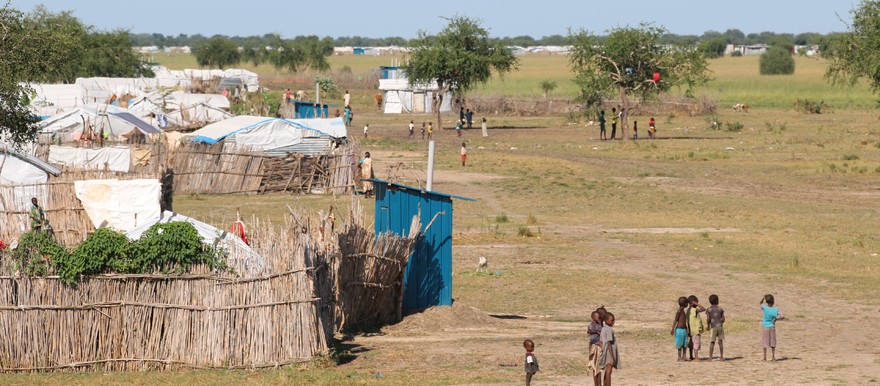The international medical charity Médecins Sans Frontières (MSF) said the recent surge in fighting in and around the towns of Wau Shilluk and Malakal in Upper Nile, has left many of those forced to flee cut off from healthcare.
In a statement released on Friday and seen by Radio Tamazuj, MSF called on all sides to ensure that the right of civilians to access emergency healthcare, clean water and food is guaranteed, and that medical facilities, staff and transport are not targeted.
The medical aid charity pointed out that most of Wau Shilluk’s 20,500 population fled for the bush on 25 January when opposing forces started an exchange of artillery fire across the Nile.
It noted that the rest of the town’s population evacuated three days later when the town’s market was hit by mortar fire, adding the medical facilities are also at risk.
“On 26 January, opposing sides again initiated an exchange of artillery fire. One shell landed dangerously close to the MSF clinic in Malakal town, which is located on the opposite side of the Nile from Wau Shilluk,” partly reads the statement.
“What really concerns us is the inability of the displaced persons to reach emergency healthcare, safe drinking water, food and shelter,” says Marcus Bachmann, MSF’s head of mission for South Sudan.
Marcus called on both sides to respect the protected status of medical facilities and ensure that all displaced populations have access to medical care.
The international medical charity said it is closely monitoring the situation and evaluating how best it can provide medical support to the sick and wounded.
MSF maintains medical operations in its hospital in Wau Shilluk, a hospital in the Malakal Protection of Civilians site and a health clinic located in Malakal town which was resupplied.
The organization pointed out that the sick and wounded close to Wau Shilluk are finding it difficult to access its hospital, saying its mobile units face big challenges in reaching the vulnerable communities.
Photo: View of Wau Shilluk settlement for displaced people on west bank of White Nile River in October 2016 (Credit: MSF)



